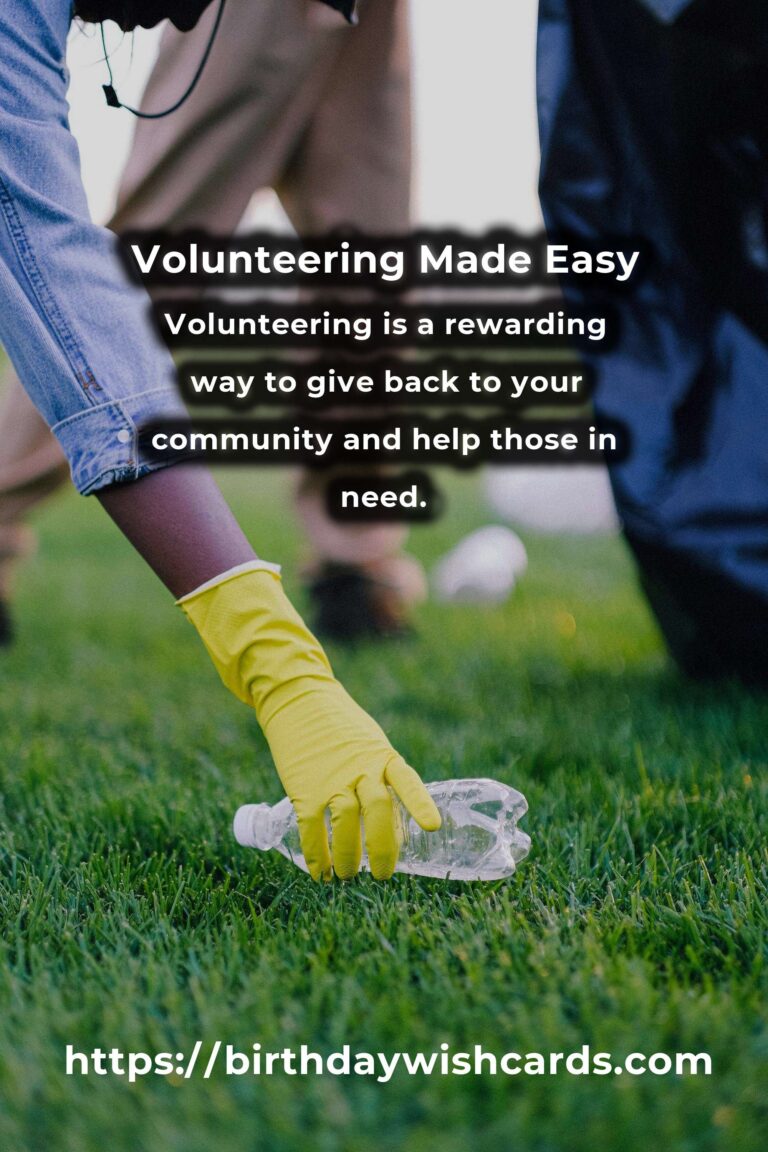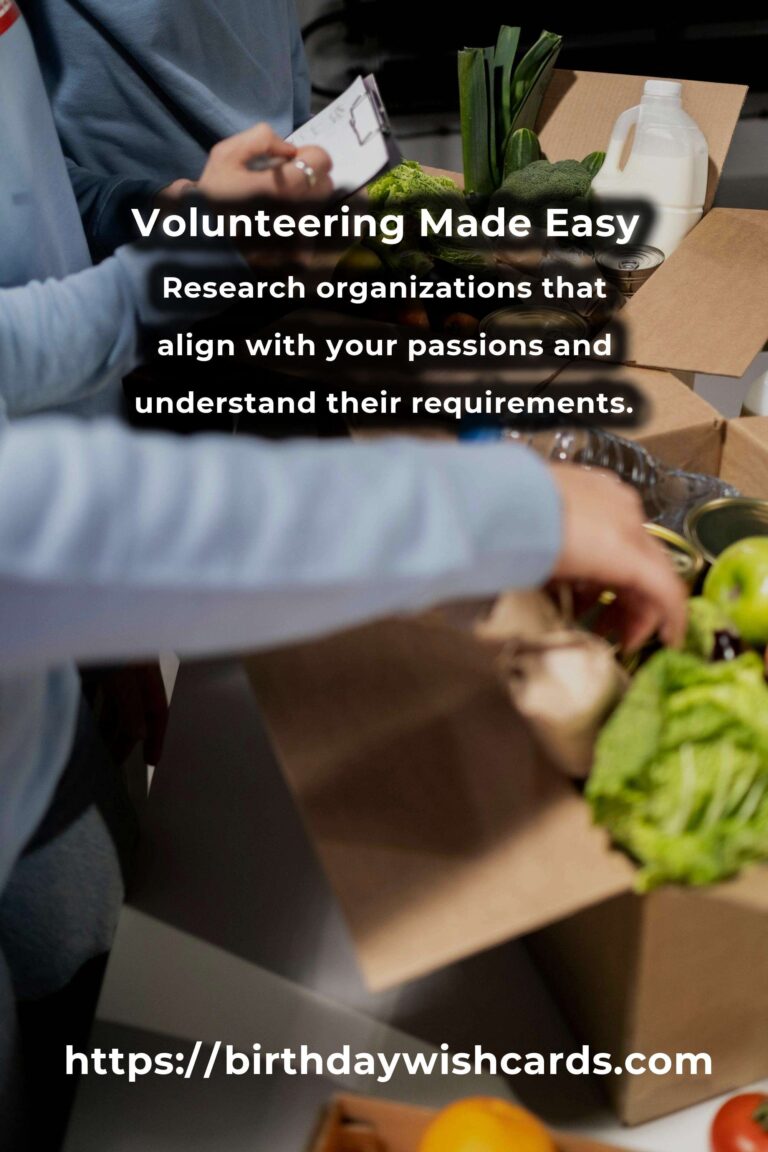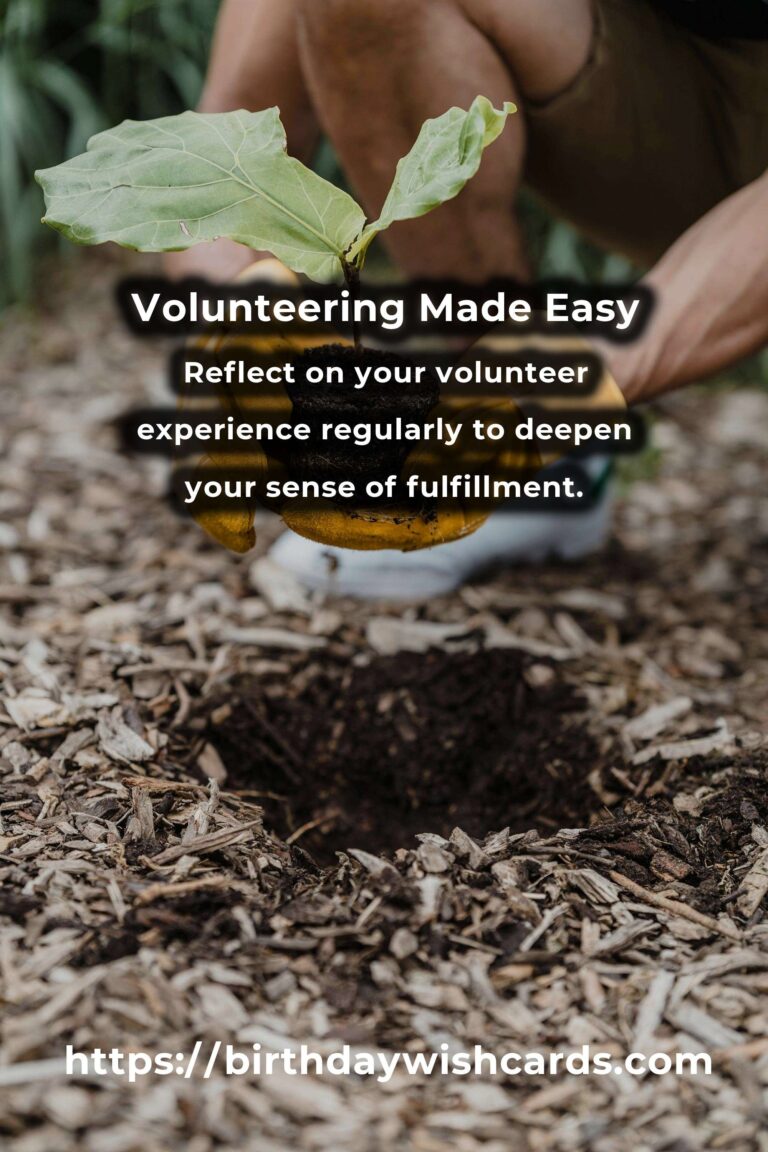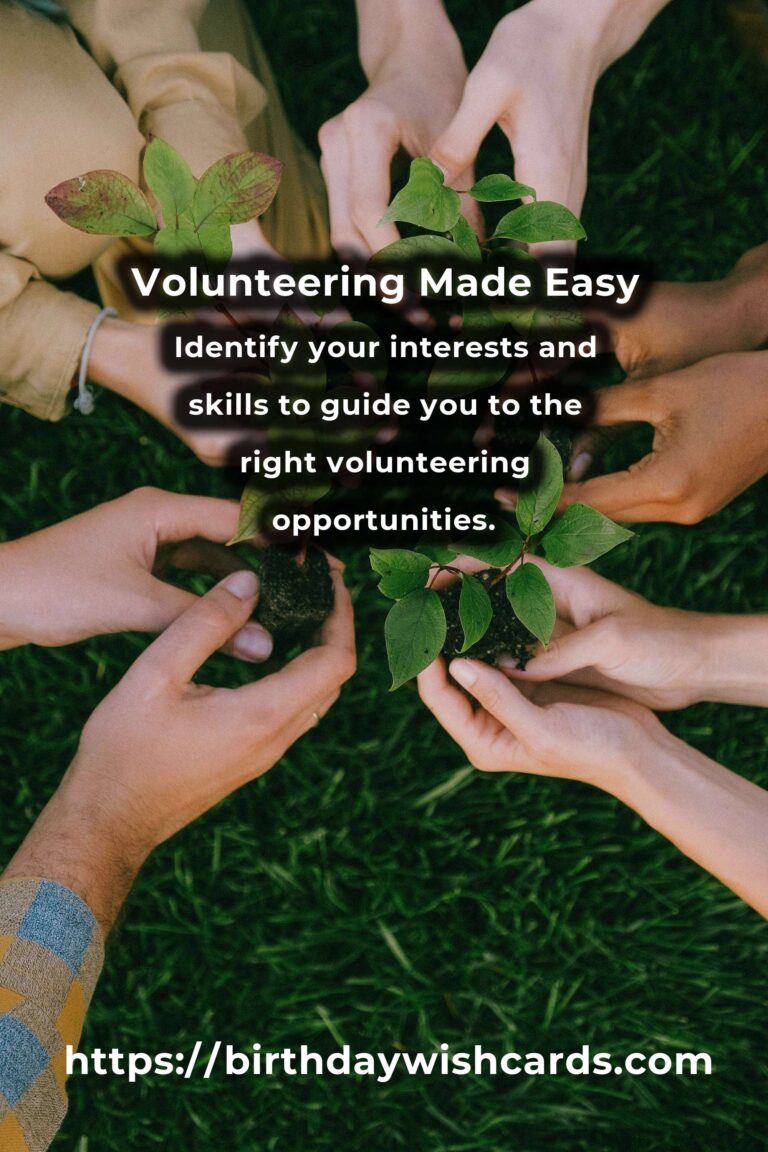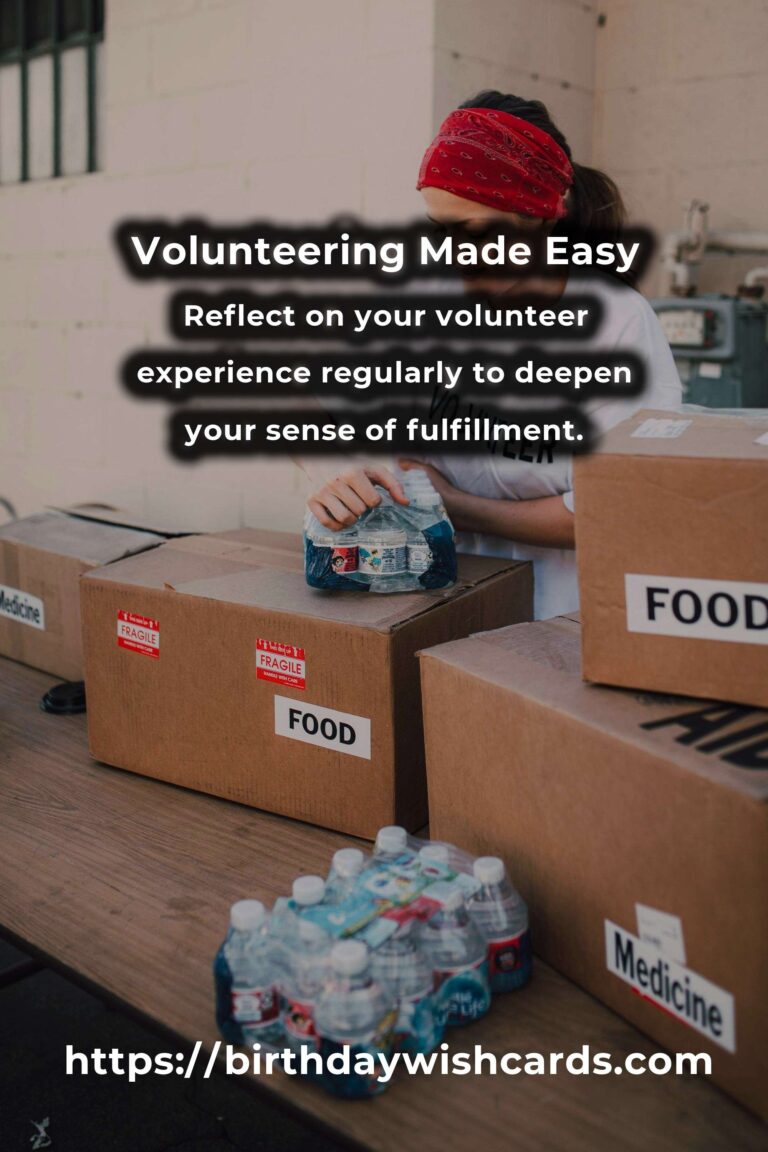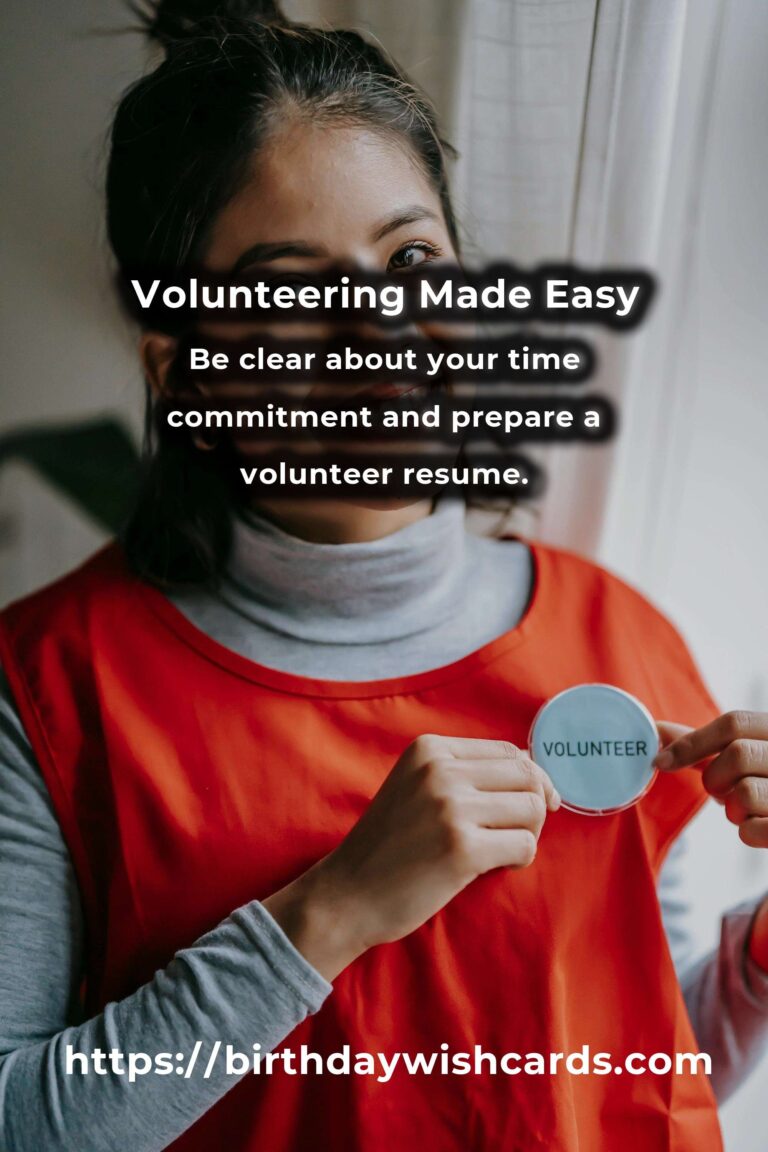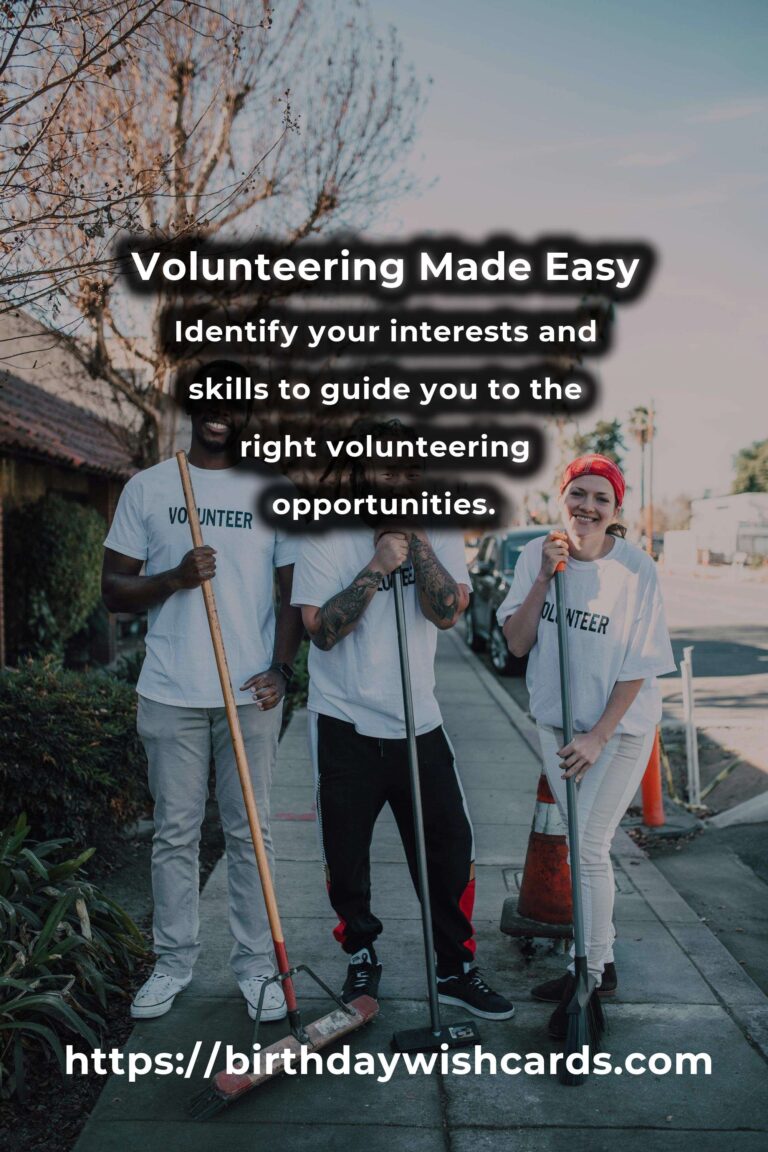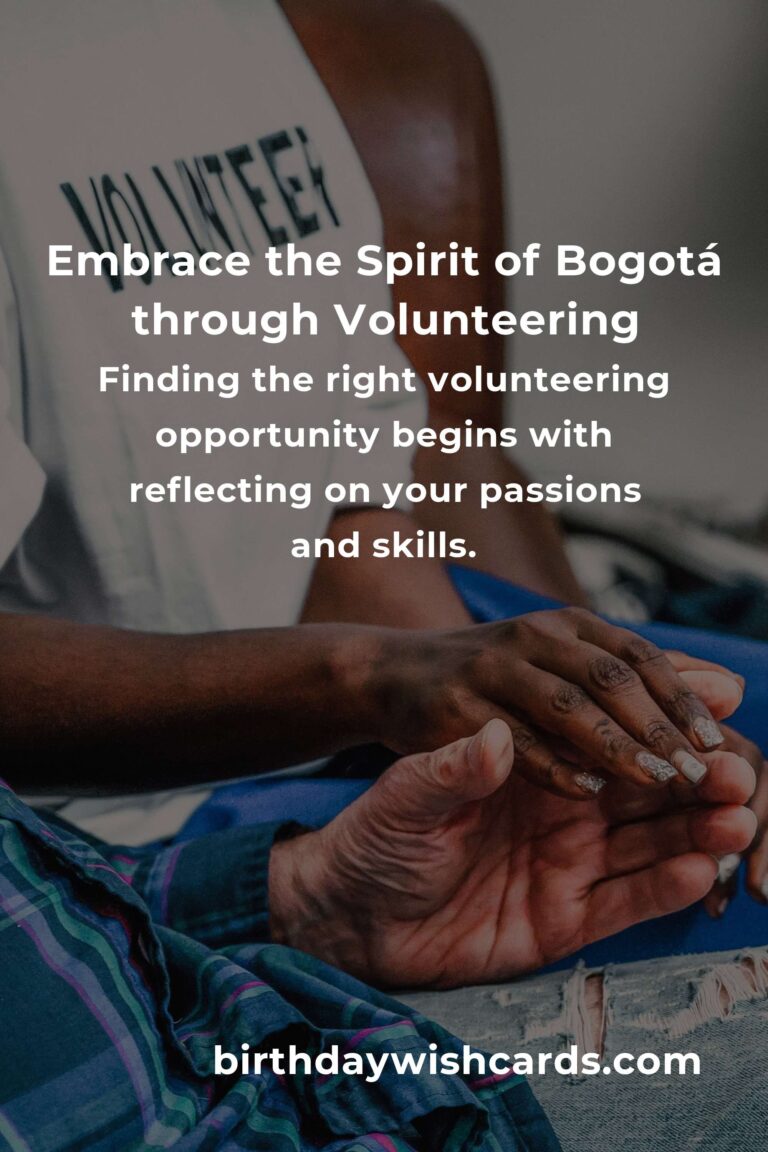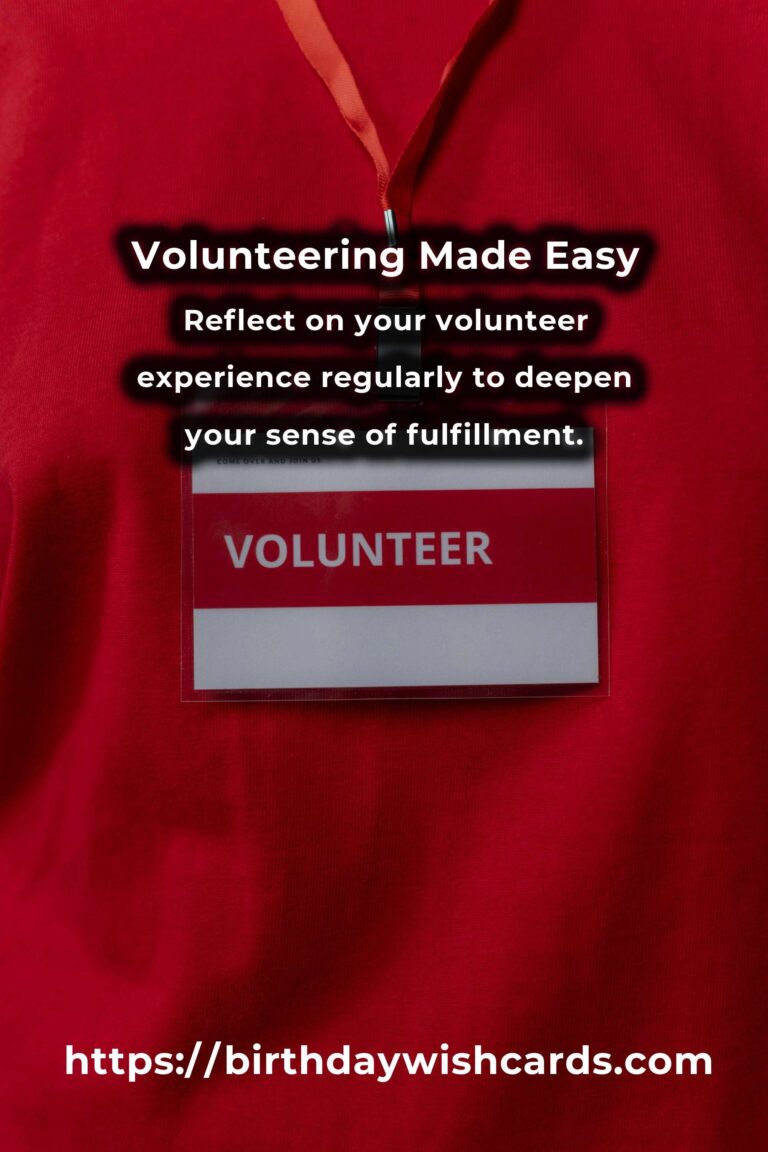
Volunteering is a rewarding way to give back to your community, help those in need, and even learn new skills. However, getting started can sometimes feel overwhelming. This article provides a comprehensive checklist to make your volunteering journey as smooth and impactful as possible.
1. Identify Your Interests and Skills
Before you start volunteering, it’s essential to know what you’re passionate about and what skills you can offer. Consider whether you want to work with children, the elderly, animals, or environmental causes. Your interests will guide you to the right opportunities.
2. Research Organizations
Once you know what you’re interested in, research organizations that align with your passions. Use online platforms, attend community fairs, and reach out to local non-profits to learn about their missions and volunteer needs.
3. Understand the Commitment
Volunteering requires a commitment of time and energy. Be clear about how much time you can realistically dedicate. Some organizations may require a regular commitment, while others may offer more flexible options.
4. Check for Requirements
Before you sign up, check if there are any specific requirements, such as background checks, training sessions, or age limits. Being prepared can save you time and ensure a smoother volunteering experience.
5. Prepare a Volunteer Resume
Having a volunteer resume can be helpful, especially for competitive positions. Include your skills, past volunteer experiences, and any relevant education or certifications.
6. Contact Organizations
Reach out to organizations you’re interested in. Introduce yourself, express your interest, and inquire about available opportunities. This proactive approach can help you stand out as a committed volunteer.
7. Attend Orientation and Training
Many organizations offer orientation or training sessions for new volunteers. These sessions are crucial for understanding your role, the organization’s expectations, and safety procedures.
8. Set Personal Goals
Decide what you want to achieve through volunteering. Whether it’s gaining new skills, meeting new people, or making a difference in a cause you care about, setting goals can enhance your experience.
9. Be Open to Feedback
Constructive feedback is a valuable part of volunteering. Be open to learning and improving your skills. This attitude not only helps you but also benefits the organization you serve.
10. Reflect on Your Experience
Take time to reflect on your volunteer experience regularly. Consider what you’ve learned, how you’ve grown, and how you’ve contributed. Reflection can deepen your sense of fulfillment and guide your future volunteering decisions.
Conclusion
Volunteering is a fulfilling journey that benefits both the volunteer and the community. By following this checklist, you can make your volunteering experience easy, enjoyable, and impactful. Start today and discover the joy of giving back!
Volunteering is a rewarding way to give back to your community and help those in need. Identify your interests and skills to guide you to the right volunteering opportunities. Research organizations that align with your passions and understand their requirements. Be clear about your time commitment and prepare a volunteer resume. Reflect on your volunteer experience regularly to deepen your sense of fulfillment.
#Volunteering #CommunityService #GiveBack #NonProfit #VolunteerWork


